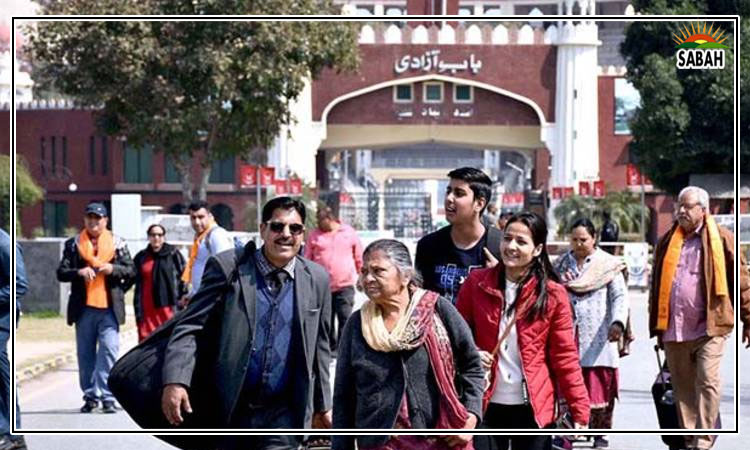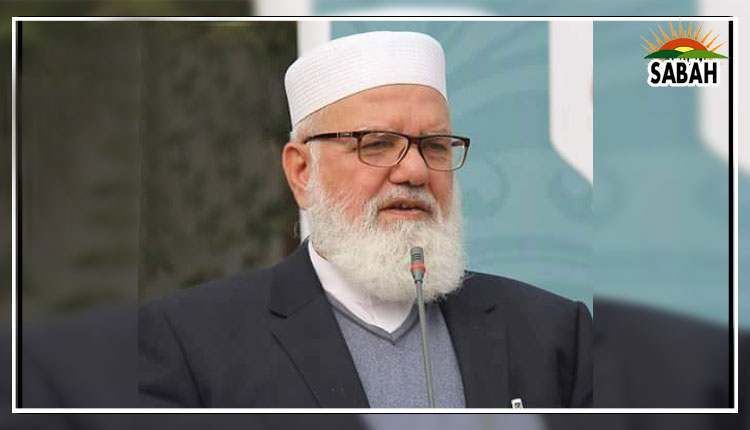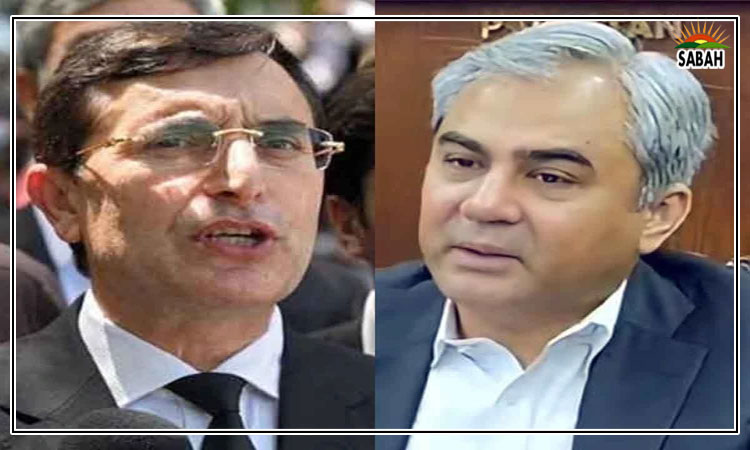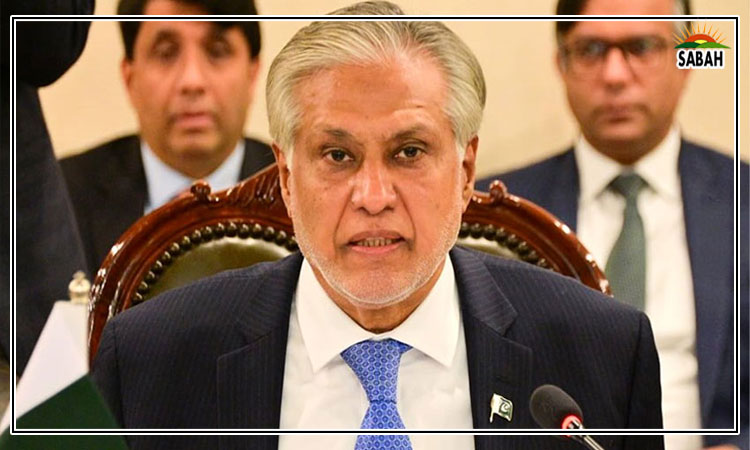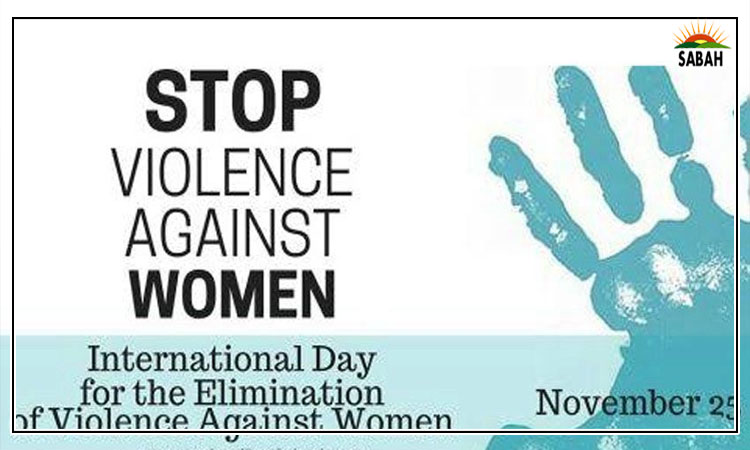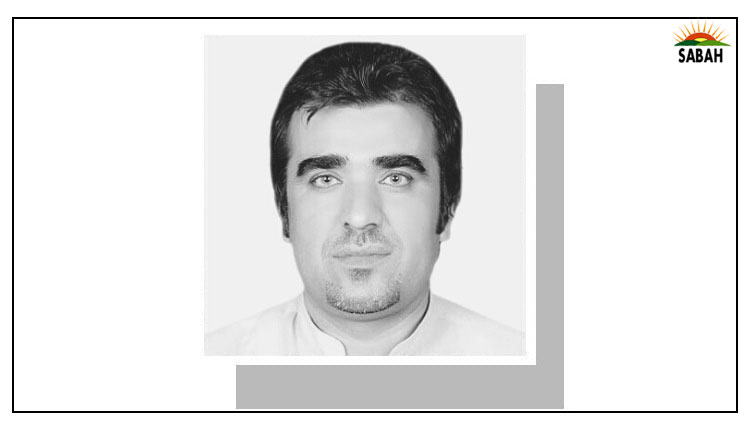The crisis within …..Air Marshal (r) Aamir Masood
The national security of a country is not at risk only when its borders are not safe or when it does not have significant defensive capability against a powerful enemy or aggressor. A country has a serious national security crisis if those at the helm of the affairs lose legitimacy in the eyes of the people.
What makes the issue more complex is the inability of the leadership to identify the root cause of such insecurity. This blindness can be called self-deception, which obscures the truth about ourselves, corrupts our views of others, and inhibits our ability to make rational and wise decisions. Whether at the domestic, organizational or national level, self-deception is the central issue of leadership and the sole reason for all sorts of crises or failures. This is exactly what recently happened in Bangladesh.
Leadership in Pakistan is also faced with a serious challenge of insecurity from within because they have lost their connection with the people. To steer the country out of such a quagmire, courageous leadership is of paramount importance. Since courage is contagious, to achieve courageous leadership and build a daring team or country, we have to cultivate a culture where brave work, tough conversations, commitment to care and connection are encouraged and where people feel safe, seen, heard and respected.
So leaders are the guardians of the space that allows the youth to breathe and be curious, explore the world and be who they are without feeling any kind of suffocation. Fortunately, the major chunk of the population in Pakistan comprises the youth, who indeed are our strength and real investment – provided they are given an enabling environment and space to grow.
Unfortunately, due to political instability and the current economic backslide, a strong feeling of despondency and uncertainty prevails among people in Pakistan, especially the youth who are our future and hope. The self-deception in those who are at the helm of the affairs has worsened the situation. This is not because the issues cannot be dealt with, or the crises cannot be resolved, but because this self-deception has made those responsible for the problems resistant to accept the bitter reality that they may be at fault.
These are undoubtedly defining moments in our nation’s history, as we confront a range of complex challenges. For instance, serious security concerns demand immediate attention. Similarly, the economy cannot be revitalized without collective and vigorous action by the higher authorities, who must tighten their belts and reduce the perks and privileges they currently enjoy.
Additionally, the combination of aristocratic influence, the widening gap between the haves and have-nots, and the self-deception among our decision-makers has allowed non-state actors and organizations to infiltrate our already vulnerable state apparatus. These challenges have collectively created a significant divide between the leadership and the populace. As a result, the vacuum created by this divide is often filled by non-state actors or enemies of the state, leading to increased militancy and lawlessness.
In his last book, ‘Leadership: Six Studies in World Strategy’, Henry Kissinger writes, “Most leaders are not visionary but managerial. In every society and at every level of responsibility, day-to-day stewards are needed to guide the institutions entrusted to their care. But during periods of crisis – whether of war, rapid technological change, jarring economic dislocation or ideological upheaval – management of the status quo may be the riskiest course of all. In fortunate societies, such times call forth transformational leaders.” Pakistan, at this stage, is not that fortunate to have transformational leadership.
Fake news is abundant and the truth was the first casualty of the proliferation of social media and information warfare. However, that does not give state agencies the licence to label even sincere critique and nonconformity as ‘anti-state’, ‘fake’ or ‘derogatory’. In more than 40 years of my academic and professional career, I have not seen more polarization, lack of merit and justice, gap between rich and poor, academic downslide and economic slavery, which have all drained our human and material resources. For many decades now, there has been no national institution that has shown any improvement in its performance indicators. The reason for that is that the state has preferred nepotism, and compromised on human resource development and merit.
A living example of transformation is Singapore where its leadership, under Lee Kuan Yew, prioritized human resource development and meritocracy and transformed the small multi-ethnic island into an economic powerhouse of Southeast Asia. Due to sincere leadership, quality human resource, strong institutions and trust between the leadership and the people, today Singapore has the best human resource in the world and its national security is impregnable against mighty neighbours.
In our case, no single institution, party or person can solve our existing national security crisis. We need to learn from both our experiences and those of others and put our house in order before it is too late. Pakistan is our identity and the home of 240 million strong individuals.
While we can claim that we averted economic default, the present situation is worse than experiencing a default. The world does not want such a big nuclear country to default because that would be dangerous for the whole region. Moreover, our elites would never declare to have formally defaulted, which may cost them their perks and privileges along with princely protocols and innumerable benefits that they enjoy at the expense of the poor masses. For the majority of ordinary people, default does not matter, as they already live hand-to-mouth.
It is time that we, as a nation, realized the gravity of the situation and developed sincere leadership and motivated workers. We need conscientious leadership that overcomes self-deception and treats the people as its own rather than mere objects. Let us give space to every citizen to vent legitimate grievances; let the best and brightest rise regardless of their sect or affiliation; let the ‘worth’ and not the ‘birth’ of an individual count; let every state institution flourish and have balance of power; let the majority of the population decide their representatives rather than those in power manipulate this basic right; and let us not focus on what others are doing wrong but on what we can do right to hold our flag high.
I am convinced that every Pakistani – inland or abroad – has profound love for his or her country, unless our own environment makes him or her rebellious and disgruntled. Today, more than at any time before, we need farsighted statecraft capable of doing two things at least: preserve society by converting challenges into opportunities rather than being overwhelmed by them; and take ownership of failures and embrace change rather than showing stubbornness and being power hungry and try to grab maximum from limited state resources. So, let us not fear the threat without but the one within us.
The writer is the president of the Jinnah Centre for Character and Leadership.
Courtesy The News


